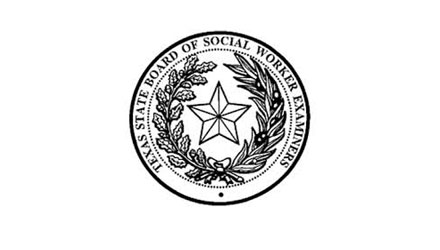Texas State Board of Social Worker Examiners
CONCEPT is approved as a CE provider through the Texas State Board of Social Worker Examiners, Approval #7067. CONCEPT maintains
Texas State Board of Examiners for Licensed Professional Counselors
CONCEPT is approved as a CE provider through the Texas State Board of Examiners for Licensed Professional Counselors
Florida Board of Psychology
CONCEPT Professional Training is approved by the Florida Board of Psychology (CE
New York State Education Department’s State Board for Social Work
Consolidated Continuing Education and Professional Training, LLC (CONCEPT), SW CPE is recognized by
New York State Education Department’s State Board for Psychology
Continuing and Professional Studies, Palo Alto University is recognized by the New
New York State Education Department’s State Board for Mental Health Practitioners
Consolidated Continuing Education and Professional Training, LLC (CONCEPT) is recognized by the New York
Training Influences Technique When it Comes to Police Interrogation
Not only is police interrogation technique related to the type of training
Canadian Psychological Association (CPA)
Palo Alto University, Continuing & Professional Studies (CONCEPT Professional Training) is approved
National Board for Certified Counselors (NBCC)*
Palo Alto University, Continuing & Professional Studies (formerly Consolidated Continuing Education &
Association of Social Work Boards (ASWB)*
Palo Alto University, Continuing & Professional Studies (formerly CONCEPT Professional Training), #1480,
Risk Assessments Utilizing Dynamic Scores Inform the Management and Reduction of Inpatient Aggression
HCR-20V3, VRS, and START dynamic scores demonstrate incremental predictive validity for inpatient
The Relationships Between Psychopathy, Alcohol Use, and Intimate Partner Violence
The following study examines the combined influences of alcohol use and psychopathy




























